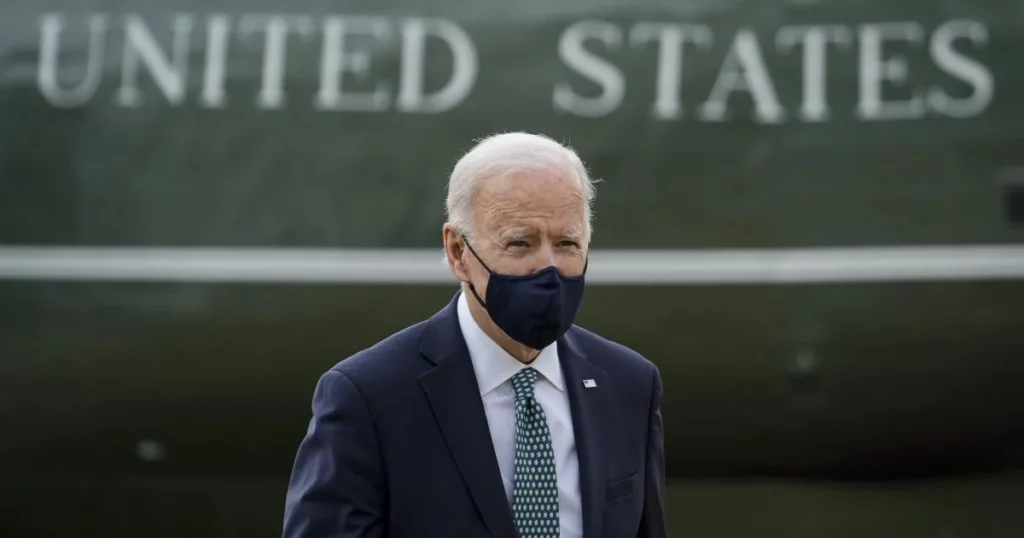
The United States, with its rich tapestry of cultures and histories, has always been a magnet for those seeking refuge and a better life. However, the approach to immigration has seen varied interpretations across different presidential tenures. Under the helm of President Joe Biden, the nation’s immigration policies have taken a turn that has now drawn the ire of 22 Republican-led states.
Biden’s decision to allow a monthly entry of up to 30,000 migrants from regions like South America and the Caribbean has become a hotbed of controversy. While the spirit of this policy might be anchored in humanitarian grounds, its real-world implications have sparked significant debate. Detractors argue that such a policy is not only unsustainable but also ill-timed, especially when countless Americans are still reeling from the economic aftershocks of a global pandemic.
The economic challenges facing the American populace are undeniable. From bustling metropolises to tranquil countryside towns, issues such as unemployment, rising costs of living, and economic disparity are palpable. Against this backdrop, the decision to usher in a large number of migrants, many of whom require substantial support, has been met with resistance and apprehension.
Leading this resistance is the state of Texas, renowned for its expansive border and a history intertwined with immigration matters. Along with 21 other GOP-led states, Texas has chosen to challenge Biden’s policy in a federal court situated in Houston. Their primary point of contention revolves around Biden’s humanitarian parole program. This initiative, designed to offer residents from nations like Cuba, Haiti, Nicaragua, and Venezuela a two-year work stay in the U.S., has become a lightning rod for criticism.
These states, in a united front, argue that the program represents an overextension of the Biden administration’s powers. They believe it imposes an undue strain on their resources and that the federal government’s use of its statutory parole authority deviates from its intended purpose, which is to cater to urgent humanitarian reasons or significant public benefit.
The numbers associated with this program are indeed staggering. Since its launch, the program has paved the way for 72,000 Haitians, 63,000 Venezuelans, 41,000 Cubans, and 34,000 Nicaraguans to set foot in the U.S. Each individual, while seeking brighter prospects, also leans on taxpayer-funded resources, exacerbating the economic strain many citizens are already under.
The wider Republican community, spanning both state and federal spectrums, has consistently voiced their concerns regarding the Biden administration’s border policies. They firmly believe that the current surge in migrants is a direct consequence of dismantling Trump-era border security protocols, which, in their view, were more adept at regulating immigration and ensuring national security.
Several Republicans in Congress are even contemplating the bold move of cutting off funding to federal agencies that champion such programs. Their perspective is crystal clear: immigration policies should be a judicious blend of humanitarian concerns and the nation’s economic and security priorities.
As this legal tussle gains momentum, the eventual outcome remains shrouded in uncertainty. However, the collective stance of these 22 red states is unambiguous: the nation’s immigration policies need a thorough reevaluation.
In wrapping up, while the U.S. continues to symbolize hope and dreams for countless individuals worldwide, it’s imperative that immigration policies are crafted with a balanced, holistic view, merging compassion with the nation’s broader economic and security imperatives. The collective stand of these 22 states underscores the gravity of this balance.
Source The Patriot journal

